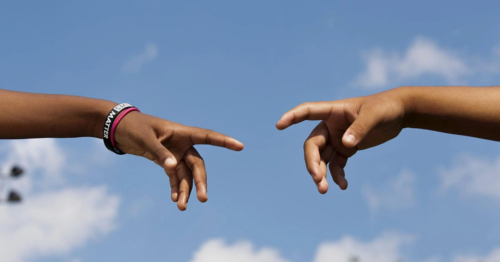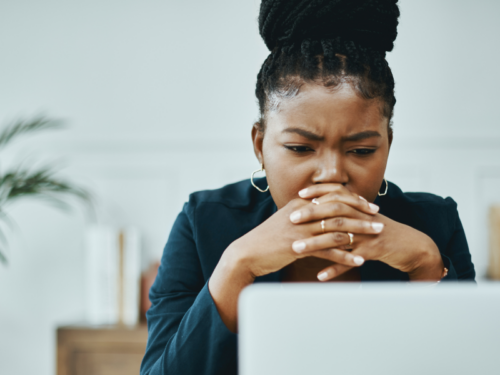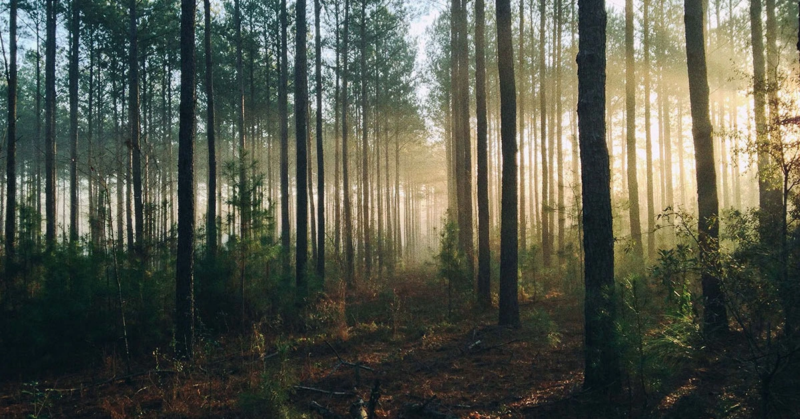
How to Actually Deal With Your Climate Anxiety
Written By: Charlie Health Editorial Team

Clinically Reviewed By: Dr. Don Gasparini
Updated: December 14, 2023
3 min.
Five therapist-approved tips for keeping your eco-anxiety in check.
Learn more about our Clinical Review Process
As hurricanes ravage coastlines worldwide and wildfires raze huge swaths of the country, anxiety over the ever-increasing climate crisis is on the rise—especially among young people. Over the past several years, popular media outlets, scientific journals, and advocacy groups have begun to explore a phenomenon now known as “eco-anxiety.” Though not (yet) an official mental health diagnosis, eco-anxiety is defined as anxiety or worry about the effects of climate change on our planet, and research shows it is common among young people.
A 2019 poll found that most teens surveyed (57%) felt afraid of climate change. Another study in 2020 saw those numbers rise: more than two-thirds (68%) of those 18 to 23-year-olds surveyed reported “at least a little” eco-anxiety or anxiety or worry about climate change. By contrast, only 58% of 40 to 55-year-olds surveyed in 2020 expressed similar sentiments, illustrating the relative prevalence of eco-anxiety among young people.
If eco-anxiety is taking a toll on your mental health, you’re not alone, and there are things you can do to manage your distressing thoughts and feelings. Keep reading to learn five tips for dealing with your climate anxiety—including how to know when to seek professional help.
5 tips for how to cope with climate anxiety
Feel your feelings
“Watching events like hurricanes and wildfires is scary and unsettling. It’s totally normal to feel anxious about the changing climate, and it’s helpful to acknowledge these negative emotions rather than dismiss them,” says Dr. Caroline Fenkel, Charlie Health’s Chief Clinical Officer. Letting yourself feel your negative emotions could look like journaling about what’s on your mind or answering honestly when a loved one asks how you are feeling.
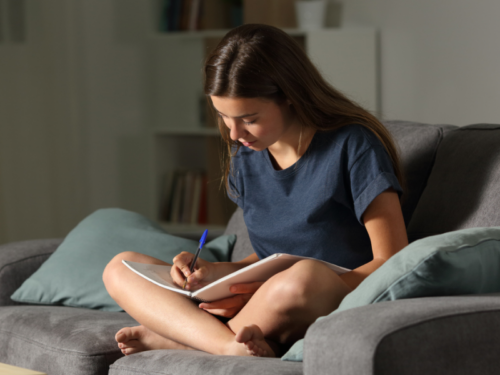
Talk things out
Anxiety, including climate anxiety, can feel incredibly isolating. However, (as mentioned) research shows that most young people are actually feeling similar emotions in the face of the climate crisis. Dr. Fenkel suggests finding someone, whether that’s another young person, family member, or teacher, to talk to about what you’re going through—odds are they feel similarly (or know someone who does), and connecting with others is a great antidote to loneliness and anxiety, she points out.
Take (reasonable) action
Although eco-anxiety can come with feelings of dread and despair, Dr. Fenkel suggests thinking about what will help you “move into a place of empowerment and proactivity.” For some people, this could look like eliminating the use of single-use plastic from their homes, and for others, it may mean volunteering at a community garden.
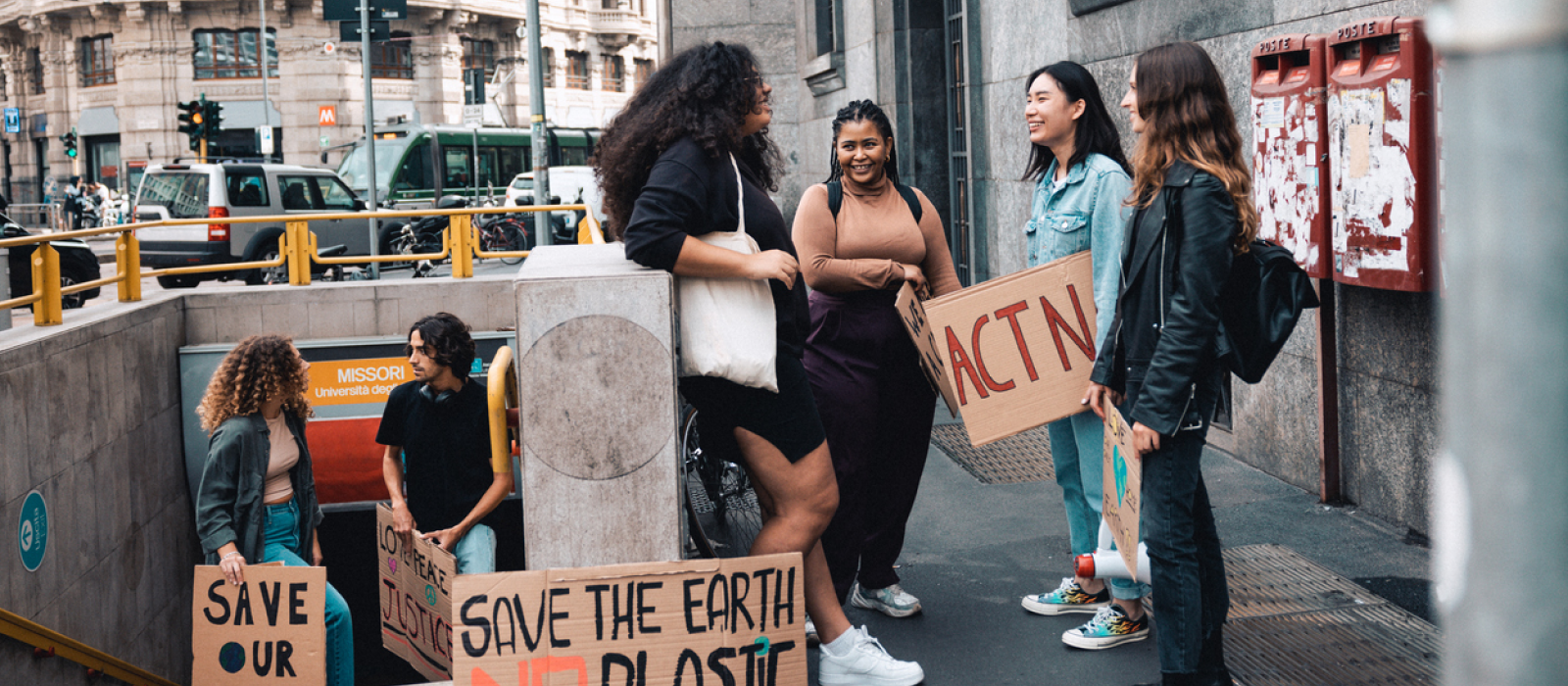
Advocate for change
While making sustainable choices can be empowering, broad environmental changes are influenced by many factors beyond individual actions. Young people have been at the forefront of the organized climate movement globally, and there are many ways to advocate for change, whether that’s by attending a climate march, signing a petition, or other forms of political activism. Take a look at what’s happening in your city or town and find an advocacy group that aligns with your values to take climate action with.
Know when to ask for help
When climate change anxiety begins to affect day-to-day life, it may become a clinical concern, says Dr. Fenkel. “When you start to see young people having regular panic attacks, avoiding social interactions, eating or sleeping more or less, withdrawing from people or activities they used to enjoy, that’s when you know something deeper might be going on, and it may be helpful to talk with a mental health professional,” she said. Anyone who is already dealing with mental health challenges may benefit from talking with a mental health professional about climate anxiety since it can exacerbate stress and anxiety, she added.
Support for climate anxiety at Charlie Health
If the climate emergency is impacting your mental health, Charlie Health is here to help. Charlie Health’s virtual Intensive Outpatient Program (IOP) provides more than once-weekly mental health treatment for young people dealing with complex mental health conditions, including climate distress and anxiety. Our expert clinicians incorporate evidence-based therapies into individual counseling, family therapy, and group sessions. With treatment, managing environmental doom and climate distress is possible. Fill out the form below or give us a call to start healing today.


